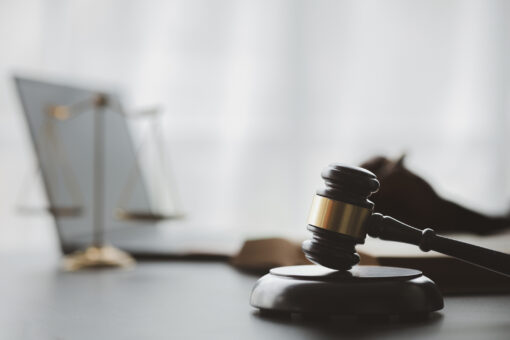The concept of prosecutor immunity often plays a significant role in legal proceedings, particularly in federal criminal cases. Understanding the extent and limitations of this immunity is crucial for defendants and their attorneys. This blog aims to shed light on what prosecutor immunity entails and its implications in the justice system.
If you are facing federal criminal charges and require help from a federal defense attorney, contact Chambers Law Firm at 714-760-4088 for a free legal consultation.
Defining Prosecutor Immunity
Prosecutor immunity refers to the legal protection afforded to prosecutors, shielding them from personal liability for actions performed as part of their official duties. This form of immunity is designed to allow prosecutors to perform their functions without the fear of personal repercussions, thereby ensuring that their decisions are based on legal considerations rather than personal risk. It is a principle rooted in the desire to maintain the integrity and efficiency of the legal process.
Types of Immunity: Absolute vs. Qualified
Prosecutor immunity can be categorized into two types: absolute and qualified. Absolute immunity provides complete protection for prosecutors for actions directly related to the judicial phase of the criminal process, such as decisions about whom to prosecute, what charges to file, and how to present the prosecution’s case.
On the other hand, qualified immunity applies to actions that are not directly connected to the courtroom, such as giving legal advice to police during an investigation. Qualified immunity protects the prosecutor unless their actions violate clearly established legal or constitutional rights that a reasonable person would have known.
Implications of Prosecutor Immunity
The existence of prosecutor immunity has significant implications for defendants in criminal cases. While it serves the purpose of allowing prosecutors to perform their duties without undue interference, it also means that they are not personally liable for actions taken in good faith within the scope of their prosecutorial duties. This can sometimes lead to challenges for defendants, particularly in cases where there are allegations of prosecutorial misconduct.
Challenging Prosecutorial Actions
Despite the protections offered by prosecutor immunity, there are circumstances where prosecutorial actions can be challenged. If a prosecutor steps outside the bounds of their legal duties, or if their actions are not intimately associated with the judicial phase of criminal prosecution, they may not be shielded by immunity. Defendants and their attorneys can question prosecutorial decisions and conduct, especially if they believe those actions violate the defendant’s legal rights.
The Role of a Skilled Defense Attorney
Navigating the complexities surrounding prosecutor immunity requires the expertise of a seasoned defense attorney. A lawyer with experience in federal criminal defense can identify instances where prosecutorial immunity might be questioned and can strategize accordingly. Legal professionals from Chambers Law Firm are equipped to handle such intricacies, ensuring that the rights of the accused are vigorously defended.
Seeking Legal Counsel
If you or a loved one is facing a federal criminal charge and are concerned about the implications of prosecutor immunity on your case, it’s vital to seek competent legal counsel. Chambers Law Firm offers experienced legal representation in federal criminal cases, providing clients with the necessary guidance and advocacy. Contact Chambers Law Firm at 714-760-4088 for a consultation to discuss your case and legal options. With their profound understanding of federal law and prosecutorial practices, Chambers Law Firm stands ready to offer robust defense strategies tailored to your specific case.





